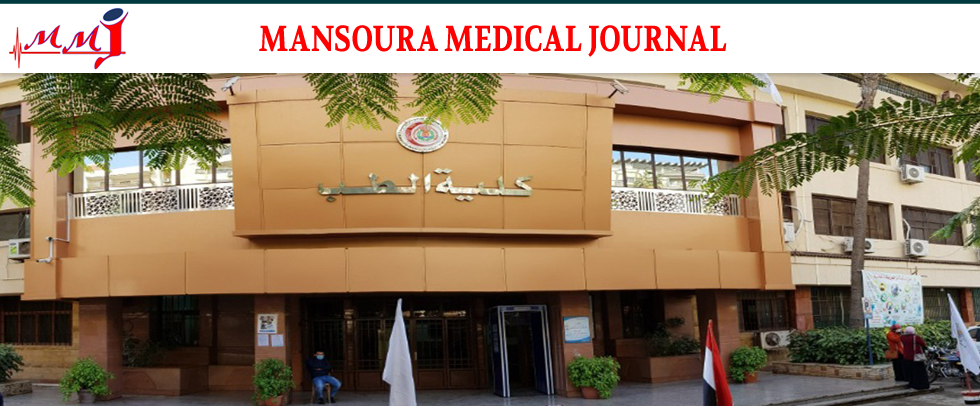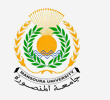Article Type
Original Study
Abstract
Nosocomial infection is the infection acquired within a hospital in a patient hospitalized for at least 72 hours without signs or symptoms of infection prior to this time. It is one of the major problems all over the world concerning the patients and every member in hospital. The continuing increase in the incidence of these infections represents an important problem in many countries, since they are associated with a high degree of morbidity and mortality. Aim of the work: This study was conducted to estimate the prevalence of pathogenas in different type of N.C.I with special reference to MRSA as a causative agent of nosocomia! infection. In addition, genotyping of the isolates will be done to add precise markers for the epidemiological investigations of MRSA. Patients : This study was conducted over a period of eight months starting from October 1998 till the end of May 1999 on all patients (36700) admitted to Mansoura University Hospital. Patients included in this study are those who acquired infection in the hospital after admission i.e. nosoco-mially infected patients (1296 patients).
Recommended Citation
Kandeel, Amina; EI-Laithy, Ramadan; Rizk, Mohamed; and Mahfouz, Ramadan
(2000)
"NOSOCOMIAL (HOSPITAL) INFECTION WITH SPECIAL REFERENCE TO GENOTYPING OF METHICILLIN-RESISTANTSTAPHYLOCOCCUS AUREUS (MRSA): A HIGH RESOLUTION TECHNIQUES AND SPECIFIC MARKERS TO IDENTIFY SOURCES AND MODES OF INFECTION,"
Mansoura Medical Journal: Vol. 29
:
Iss.
1
, Article 15.
Available at:
https://doi.org/10.21608/mjmu.2000.126821
Creative Commons License

This work is licensed under a Creative Commons Attribution 4.0 International License.



